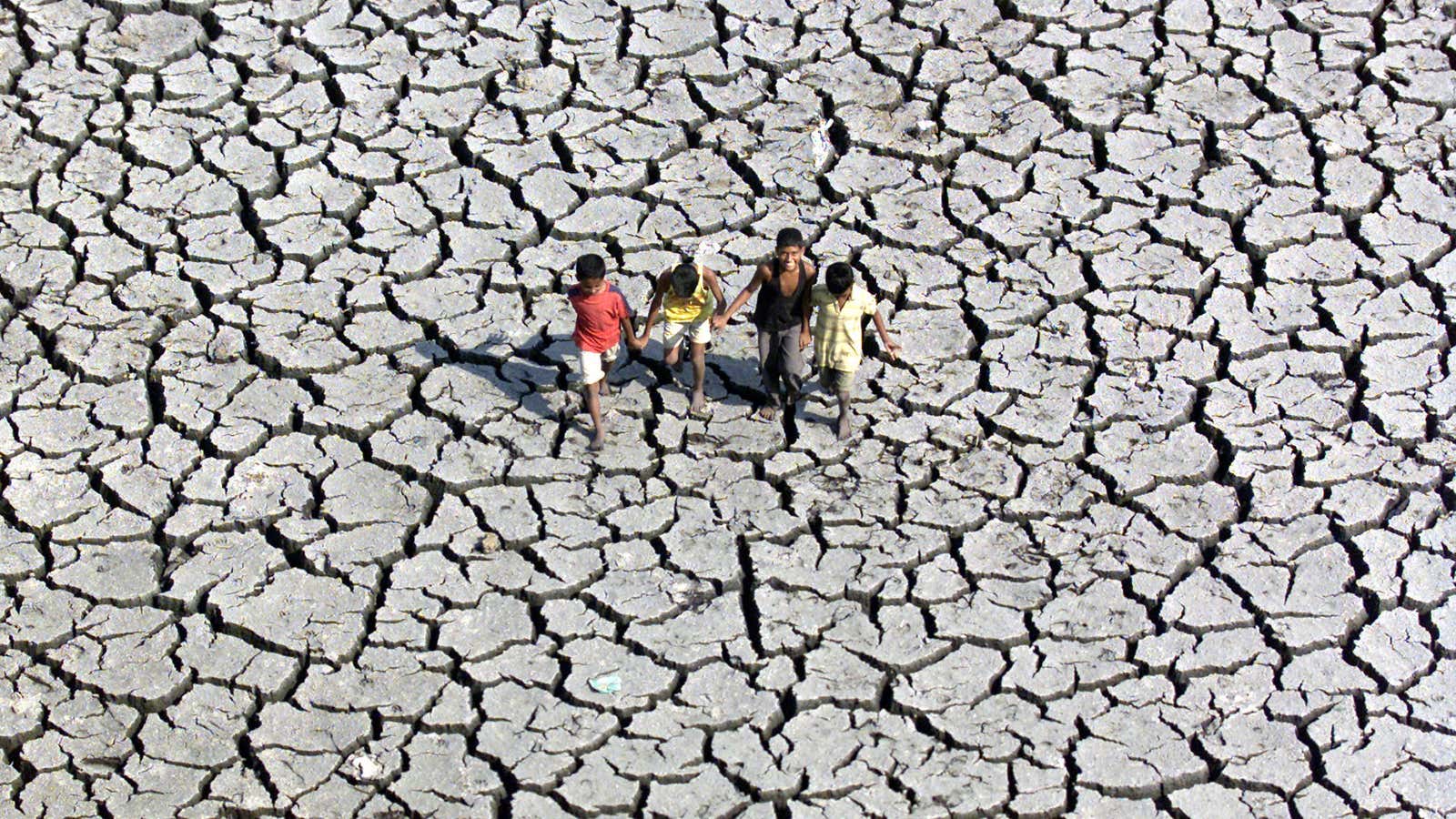While the richest country on Earth contemplates pulling out of the Paris climate agreement to limit global emissions, Bangladesh, one of the poorest countries, is planning to adopt even stricter measures to reduce emissions: According to sources in the nation’s finance ministry, Bangladesh will introduce a carbon tax on fuel, in a budget that will be announced later this year.
Economists—right, left, and center—argue that if done right, a tax on carbon can be one of the most effective routes to reducing emissions without dampening the economy. The idea of a carbon tax is to impose a cost on the amount of greenhouse gases emitted by the industry for making its products or, in this case, the fuel used. Like other taxes, the money collected can be put towards, say, environmental initiatives. Even the world’s largest fossil-fuel companies support it.
But for poor countries, a carbon tax is not a politically easy step to take. Adding taxes to fuel means that essential items such as food and clothing become more expensive for citizens. Carbon taxes can also backfire by making exports more expensive, and less competitive on the global market.
The world will be watching with interest how Bangladesh goes about its implementation. As one of the low-lying countries likely to suffer most from rising sea levels due to climate change, Bangladesh has even more reason to make it work.
The idea of levying carbon taxes has been around since the birth of the environmental movement, but only 15 or so countries in the world levy it in some form today. Signatories of the Paris climate agreement are free to choose what national policies they see fit to reach their respective goals.
One of the key reasons why rich countries were able to become rich is because they burnt more fossil fuels than others. For instance, the US emits about 11 tons of carbon dioxide per capita compared to Bangladesh’s 0.4 tons per capita. Poor countries haven’t missed that fact, and rightly called for rich countries to reduce their emissions faster.
That’s why in past climate talks, an oft-repeated excuse for inaction from countries like the US was that rich countries usually pay an extra price for climate action, while poor countries will keep emitting. Bangladesh is among a growing number of such countries proving that, while they want to hold rich countries accountable, they too want to play their part in reducing emissions.
